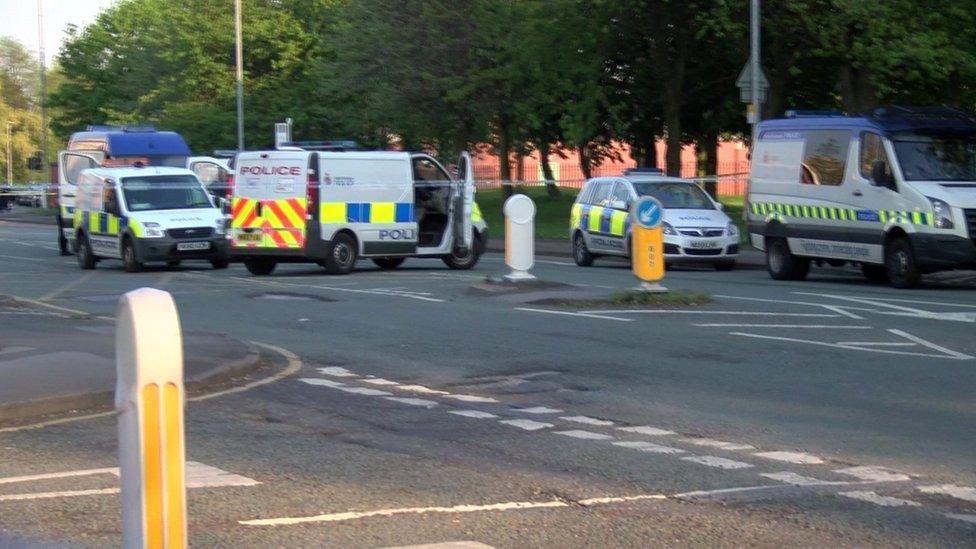Men convicted of murder get chance to clear names
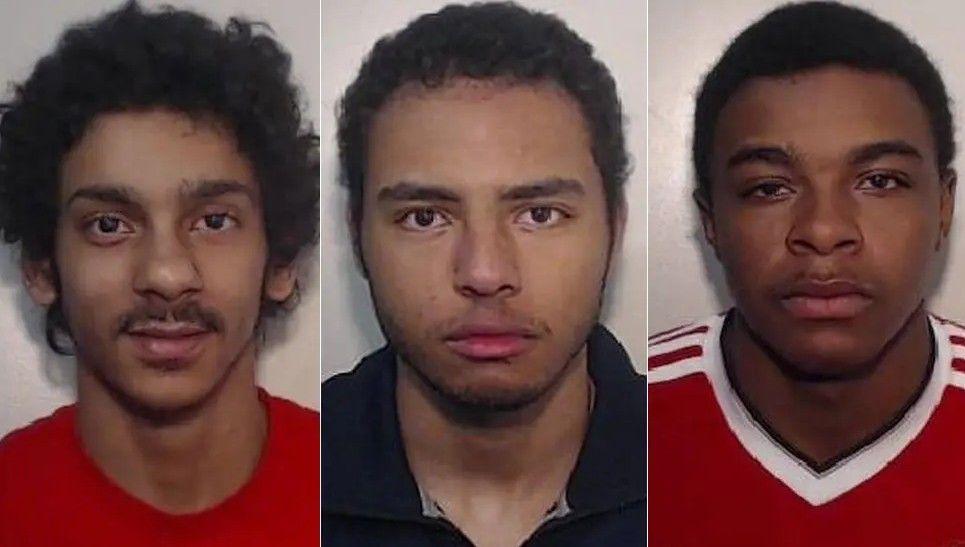
Durrell Goodall, Trey Wilson and Reano Walters were found guilty by a jury
- Published
Three men convicted of murder after prosecutors at their trial used a "too readily adopted gang narrative" have been given a chance to clear their names after the Criminal Cases Review Commission (CCRC) referred their case to the Court of Appeal.
Durrell Goodall, Reano Walters and Trey Wilson were aged 20, 19 and 19 when they were convicted of the "joint enterprise" murder of Abdul Hafidah, 18, in Moss Side, Manchester, in 2016.
All were handed life sentences after a second trial.
CCRC chair Dame Vera Baird KC said: "This referral highlights the need for safeguards to protect defendants against the risk of unfairness from a too readily adopted gang narrative, based on inappropriate labelling."
Mr Hafidah died from two stab wounds to the neck and injuries to his head two days after he was kicked, stabbed, attacked with a hammer and hit by a car during a rush-hour chase on 12 May 2016, the men's trial was told.
Goodall, Walters and Wilson were sentenced to life, with Walters and Wilson told they must serve a minimum of 20 years and Goodall 16 years.
A spokesman for Greater Manchester Police (GMP) said: "We note today's decision by the CCRC, and we await the outcome of the Court of Appeal."
Dame Vera added: "It is possible that there are other cases which would benefit from guidance on this issue, where the fear may be that stereotypes can be wrongly introduced as evidence."
The CCRC received applications from all three men in May 2023.
A CCRC spokesperson said: "Their submissions include multiple expert reports criticising the prosecution's trial evidence, especially but not only attacking testimony from a police officer about gang membership.
"They note the lack of defence argument around gang narrative and criticise the judge's directions to the jury on the same theme.
"They assert that many of the images relied on by the prosecution at trial do not denote gang affiliation."
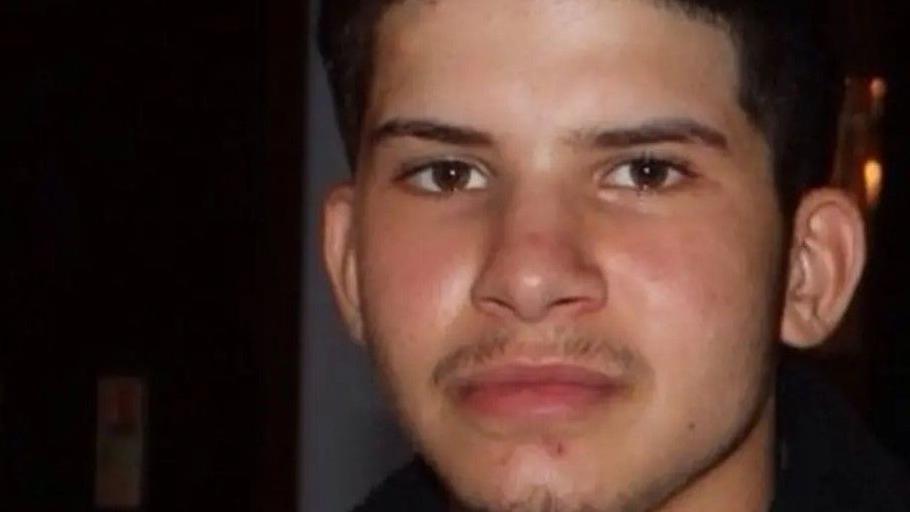
Abdul Hafidah was kicked, stabbed and hit with a hammer after an evening rush-hour chase
The CCRC, the statutory body which investigates alleged miscarriages of justice, said it had "determined that there is a real possibility the Court of Appeal will find the fresh evidence materially undermines the prosecution case at trial in a key way, which may have significantly impacted the jury's conclusions, especially in the context of a now criticised judicial direction to the jury".
The "joint enterprise" principle allows people who assist or encourage another to commit a murder to be convicted for the same crime, but its interpretation is a contentious legal issue.
Campaigners claim it disproportionately targets young black men and boys.
Two trials - one at Manchester Crown Court and a second at Preston Crown Court - heard how Mr Hafidah was cornered after he strayed into the "territory" of a gang.
He was knocked down before being assaulted by other gang members, jurors were told.
Listen to the best of BBC Radio Manchester on Sounds and follow BBC Manchester on Facebook, external, X, external, and Instagram, external. You can also send story ideas via Whatsapp to 0808 100 2230.
Related topics
- Published30 May 2023
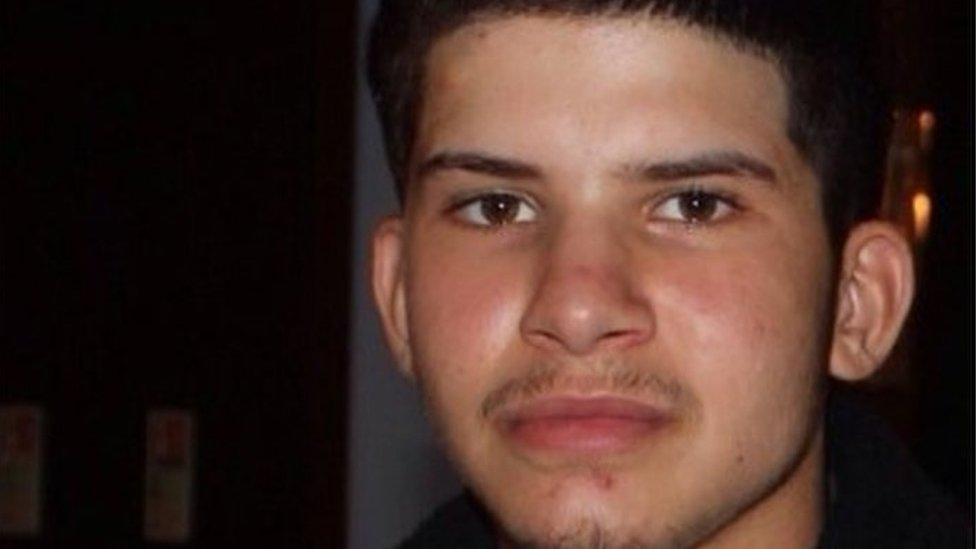
- Published2 February 2024
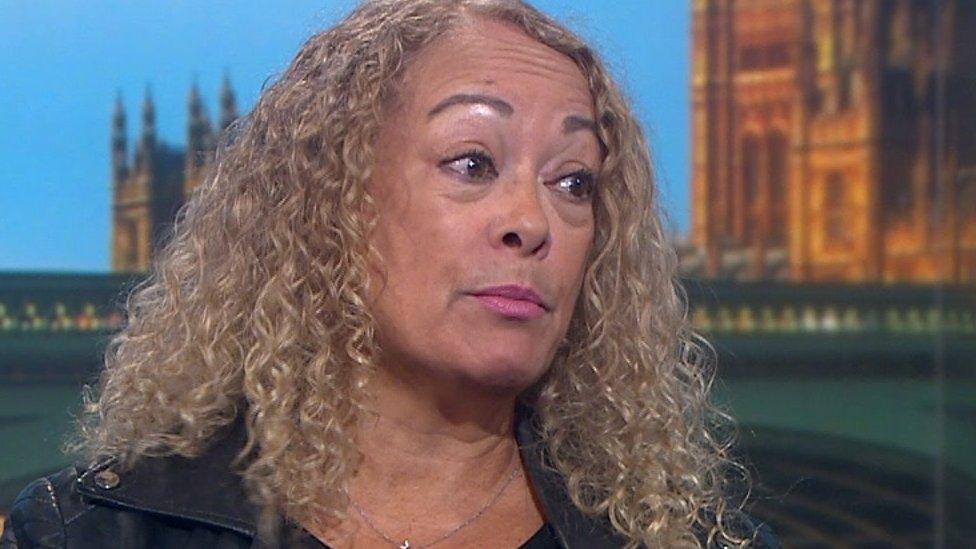
- Published15 September 2017
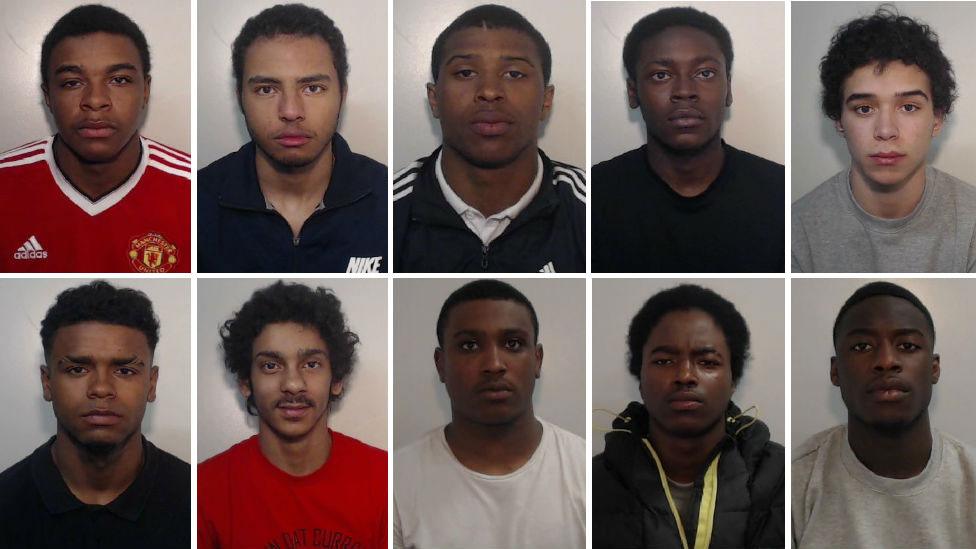
- Published8 August 2017

- Published19 May 2016
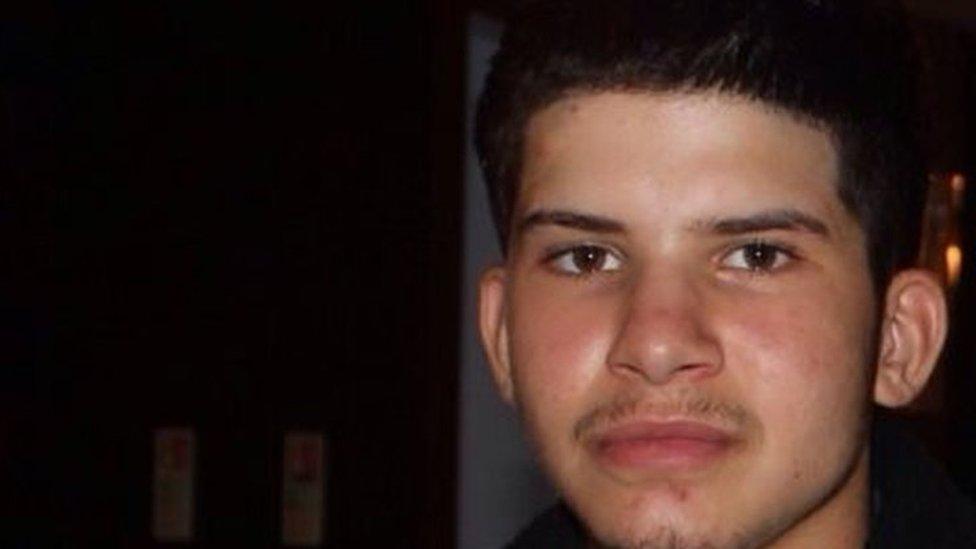
- Published15 May 2016
